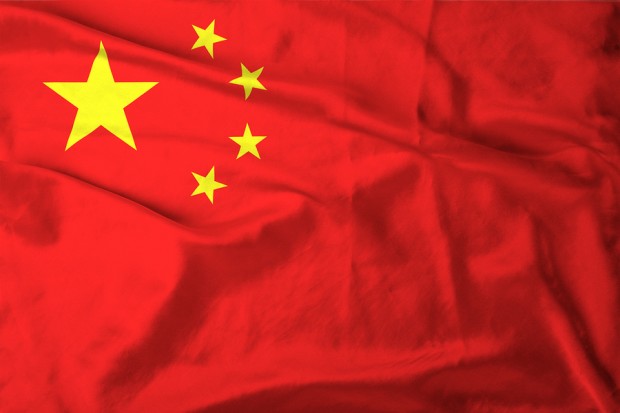Ping An Insurance (Group) Co., China’s second-largest insurer, is boosting overseas assets as the nation’s slowing economy and falling interest rates make it difficult to find investments with attractive returns at home.
The company has about 16 billion yuan ($2.5 billion) of deals abroad in the works for 2015, and expects total investments overseas to rise to as much as 50 billion yuan by year-end upon full payment, from about 33 billion yuan, Chief Investment Officer Timothy Chan said in an interview in Shanghai on Friday. More than 10 billion yuan of the new deals are property related, including two projects in the U.K. and a $650 million asset-backed-securities project in the U.S., he said, while declining to name targets.
While a stock-market rally helped triple Chinese insurers’ profits in the first half, an ensuing rout of almost 40 percent from a June 12 high and further anticipated rate cuts threaten to depress returns on new cash from policy sales and maturing investments. The benchmark Shanghai Composite Index tumbled as much as 8.5 percent on Monday, erasing this year’s gain, as government support measures failed to bolster equities.
“When interest rates drop, reinvestments face bigger risks,” Chan said. “We’re facing this pro-actively and preparing in advance.”
Ping An has signed an asset-backed securities agreement with a U.S. logistics company, where the insurer will buy a basket of rental properties from the seller and lease it back for a roughly 8 percent yield based on net operating income, Chan said. Overseas investments will expand “gradually,” he said, adding that foreign markets also face structural issues like aging of the population and high leverage.
Ping An shares fell 7.7 percent in Hong Kong trading as of 10:16 a.m. local time, extending this year’s decline to 9 percent.
More Bonds
The insurer’s first-half net income jumped 62 percent as investment yields expanded and premium income rose.
Domestically, Ping An will keep focusing on fixed-income securities in the second half, and may put as much as 80 percent of new money into such instruments, compared with the category’s asset weighting of about 77 percent as of June 30. It will seek to boost longer-maturity debt holdings, with a preference for seven- to 10-year debt, to lock in yields that “remain relatively high” before further rate cuts.
“China’s real interest rate is still high and from now on through next year should be heading lower, as the central bank will cut lending rates or reserve requirements,” Chan said. “It’s just a matter of time.”
To arrest the economic slowdown, the People’s Bank of China has cut interest rates four times since November and reduced the amount of cash that lenders must set aside as reserves.
‘Defensive’ Strategy
Ping An will also consider buying bonds that policy banks are expected to issue to finance infrastructure construction, he said. The company is in talks with some state-owned enterprises for potential investments as part of their shareholding reforms, he said without naming any.
The insurer expects to focus on “defensive growth stocks” in China’s equities market in the second half, such as innovative finance, medical and consumer-durables companies, as they’re the main beneficiaries of slowing inflation and economic growth as well as falling interest rates, Chan said.
Ping An reduced some A-share holdings in the first half as early as April after the market jumped and diversified into Hong Kong stocks that had cheaper valuations, Chan said. The insurer picked a “core list” of about 10 leading companies that have stable return on equity and dividends, and they will remain the priority in the second half, he said.
Stock Slump
Equities accounted for 17.5 percent of Ping An’s portfolio as of June 30, up from 14.1 percent at the end of 2014, according to its half-year report last week.
Real exposure is lower than the data suggest, as the 17.5 percent also included about 60 billion yuan of securities unrelated to the A-share market, such as 30 billion yuan of unlisted preferred stock, about 20 billion yuan of wealth management products and equity investments in infrastructure projects, Chan said.





















 Focus on Ski Guides After Deadly California Avalanche Could Lead to Criminal Charges, Civil Suits
Focus on Ski Guides After Deadly California Avalanche Could Lead to Criminal Charges, Civil Suits  State Farm Inked $1.5B Underwriting Profit for 2025; HO Loss Persists
State Farm Inked $1.5B Underwriting Profit for 2025; HO Loss Persists  10 Do’s and Don’ts of a Smart ORSA Report
10 Do’s and Don’ts of a Smart ORSA Report  State Farm Mutual to Pay $5B Dividend to Auto Insurance Customers
State Farm Mutual to Pay $5B Dividend to Auto Insurance Customers 






